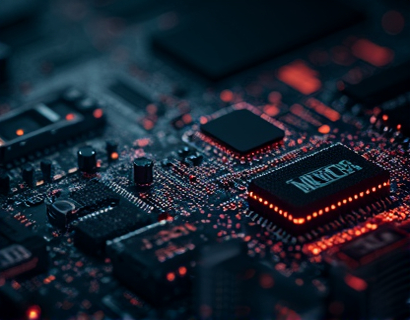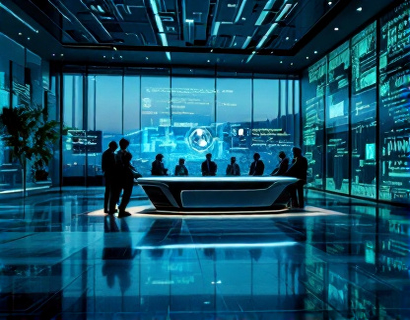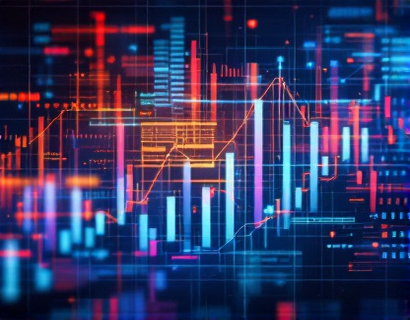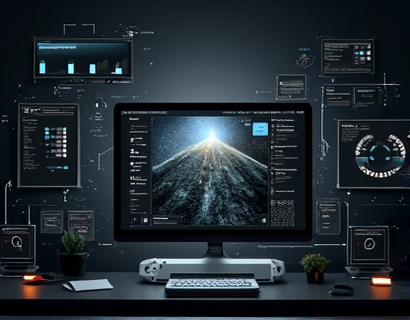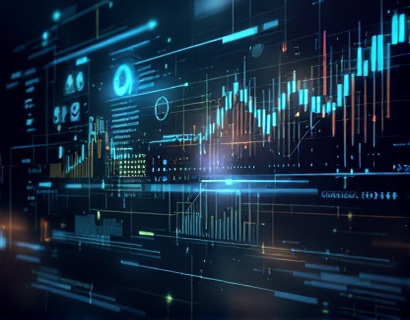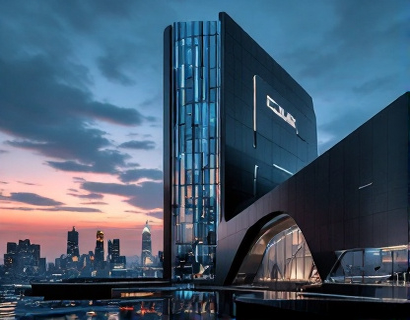Elevate Event Performance: Cutting-Edge Software Solutions for Performers and Entertainment Professionals
In the dynamic world of entertainment, staying ahead of the curve is crucial for success. For performers and professionals in the event management industry, leveraging advanced software solutions can significantly enhance operational efficiency, streamline workflows, and boost audience engagement. This article delves into the transformative impact of cutting-edge software designed specifically for entertainment professionals, focusing on how these tools can manage bookings, promote events, and foster deeper connections with fans, ultimately ensuring a successful experience from start to finish.
Streamlining Workflows with Advanced Event Management Software
The backbone of any successful event is a well-organized and efficient workflow. Modern event management software is designed to simplify and automate various aspects of event planning and execution. These tools offer a comprehensive suite of features that cater to every stage of the event lifecycle, from initial concept to post-event analysis. By integrating these solutions, entertainment professionals can save time, reduce errors, and focus more on creative aspects of their work.
One of the primary benefits of using advanced software is the ability to centralize all event-related data and tasks in one platform. This centralization ensures that all team members have access to the most up-to-date information, reducing miscommunications and improving coordination. For instance, scheduling tools allow for seamless booking management, enabling performers and organizers to easily coordinate dates, venues, and logistical details. This streamlined process not only saves time but also minimizes the risk of scheduling conflicts and last-minute changes.
Enhancing Audience Engagement through Innovative Features
Audience engagement is a critical factor in the success of any event. Cutting-edge software solutions offer a range of features designed to enhance the audience experience, making events more interactive and memorable. One such feature is real-time data analytics, which provides insights into audience behavior and preferences. By analyzing data such as attendance patterns, engagement levels, and social media interactions, event organizers can make informed decisions to tailor the event experience to their audience's needs.
Interactive elements like live polls, Q&A sessions, and social media integration are also becoming increasingly popular. These features not only keep the audience engaged but also encourage participation and sharing, expanding the event's reach beyond the physical venue. For example, live polls can be used during performances to gather instant feedback or to involve the audience in the show itself, creating a more immersive and personalized experience.
Effective Promotion and Marketing Strategies
Promoting an event effectively is essential to ensure a successful turnout. Advanced software solutions provide powerful marketing tools that help entertainment professionals reach a wider audience and maximize ticket sales. Digital marketing integrations allow for seamless coordination between various marketing channels, ensuring a consistent and cohesive promotional strategy.
Email marketing automation is a key feature that can significantly boost promotional efforts. By automating email campaigns, organizers can send targeted messages to different segments of their audience at optimal times, increasing the likelihood of ticket purchases. Personalized emails that include event highlights, performer bios, and special offers can create a stronger connection with potential attendees, driving higher conversion rates.
Social media integration is another crucial aspect of digital promotion. By linking social media accounts directly within the software, event organizers can post updates, share behind-the-scenes content, and engage with followers in real time. This not only keeps the audience informed but also builds excitement and anticipation leading up to the event. Additionally, social media analytics can provide valuable insights into the effectiveness of promotional activities, helping organizers refine their strategies for future events.
Building and Managing Relationships with Fans
Fan engagement is vital for the long-term success of any entertainment professional. Advanced software solutions offer tools to manage and nurture relationships with fans, fostering a loyal community around their brand. Fan management platforms enable organizers to create and maintain comprehensive databases of their audience, including contact information, preferences, and interaction history.
Personalized communication is a powerful tool in building strong fan relationships. By leveraging the data collected through these platforms, organizers can send tailored messages and offers that resonate with individual fans. For example, sending exclusive updates, early access to tickets, or special discounts can make fans feel valued and appreciated, increasing their loyalty and likelihood of attending future events.
Community features, such as forums and discussion boards, allow fans to connect with each other and with the performers or organizers. These platforms can serve as a hub for sharing experiences, discussing upcoming events, and providing feedback. By actively engaging with fans through these channels, entertainment professionals can build a strong and supportive community that drives word-of-mouth promotion and repeat attendance.
Ensuring Seamless Event Execution
The success of an event hinges on its smooth execution. Advanced software solutions provide tools to manage various logistical aspects, ensuring that everything runs smoothly from setup to teardown. One such tool is real-time event management dashboards, which offer a comprehensive overview of all ongoing activities and potential issues.
During the event, organizers can monitor multiple aspects such as stage schedules, backstage activities, and crowd management from a central dashboard. This real-time visibility allows for quick decision-making and proactive problem-solving. For instance, if a performer is running late, the dashboard can alert the team to adjust the schedule accordingly, minimizing delays and maintaining the event's flow.
Another critical feature is ticketing and entry management. Advanced ticketing systems can handle everything from online sales to on-site entry, ensuring a seamless experience for attendees. Features like QR code scanning, mobile ticket validation, and crowd control measures help manage large crowds efficiently, reducing wait times and enhancing overall satisfaction.
Post-Event Analysis and Reporting
The value of event management software extends beyond the event itself, offering robust post-event analysis and reporting tools. These tools enable organizers to evaluate the success of the event, identify areas for improvement, and generate valuable insights for future planning.
Comprehensive reporting features provide detailed metrics on attendance, revenue, audience engagement, and social media performance. By analyzing these metrics, organizers can gain a deeper understanding of what worked well and what didn't, allowing them to refine their strategies for future events. For example, if certain promotional channels proved more effective than others, organizers can allocate more resources to those channels in the future.
Additionally, feedback collection tools can be integrated into the software to gather insights directly from attendees. Post-event surveys and feedback forms can help organizers understand the audience's experience and gather suggestions for improvement. This feedback is invaluable for continuous improvement and building a reputation for delivering high-quality events.
Unlocking New Career Opportunities
For entertainment professionals, leveraging advanced software solutions not only enhances current projects but also opens up new career opportunities. The skills and expertise gained through using these tools can make individuals more competitive in the job market and attractive to potential employers.
Proficiency in event management software demonstrates a high level of organizational and technical skills, which are highly valued in the industry. Professionals who can effectively use these tools can take on more complex projects, manage larger events, and even transition into leadership roles. Moreover, the ability to analyze data and derive actionable insights can set individuals apart as strategic thinkers and innovators in their field.
Networking opportunities are another benefit of using advanced software. Many platforms offer community features and forums where professionals can connect, share knowledge, and collaborate on projects. These connections can lead to new partnerships, job opportunities, and collaborative ventures, expanding one's professional network and opening doors to new possibilities.
Conclusion
In conclusion, cutting-edge software solutions are revolutionizing the way performers and entertainment professionals manage their events. By streamlining workflows, enhancing audience engagement, and providing powerful promotional tools, these solutions ensure a successful and impactful event experience. As the industry continues to evolve, embracing these innovative tools will not only elevate current performances but also unlock new career opportunities for those who adopt them. Whether you are a seasoned professional or just starting your journey, integrating advanced event management software into your workflow is a strategic move that can transform your approach to event management.












